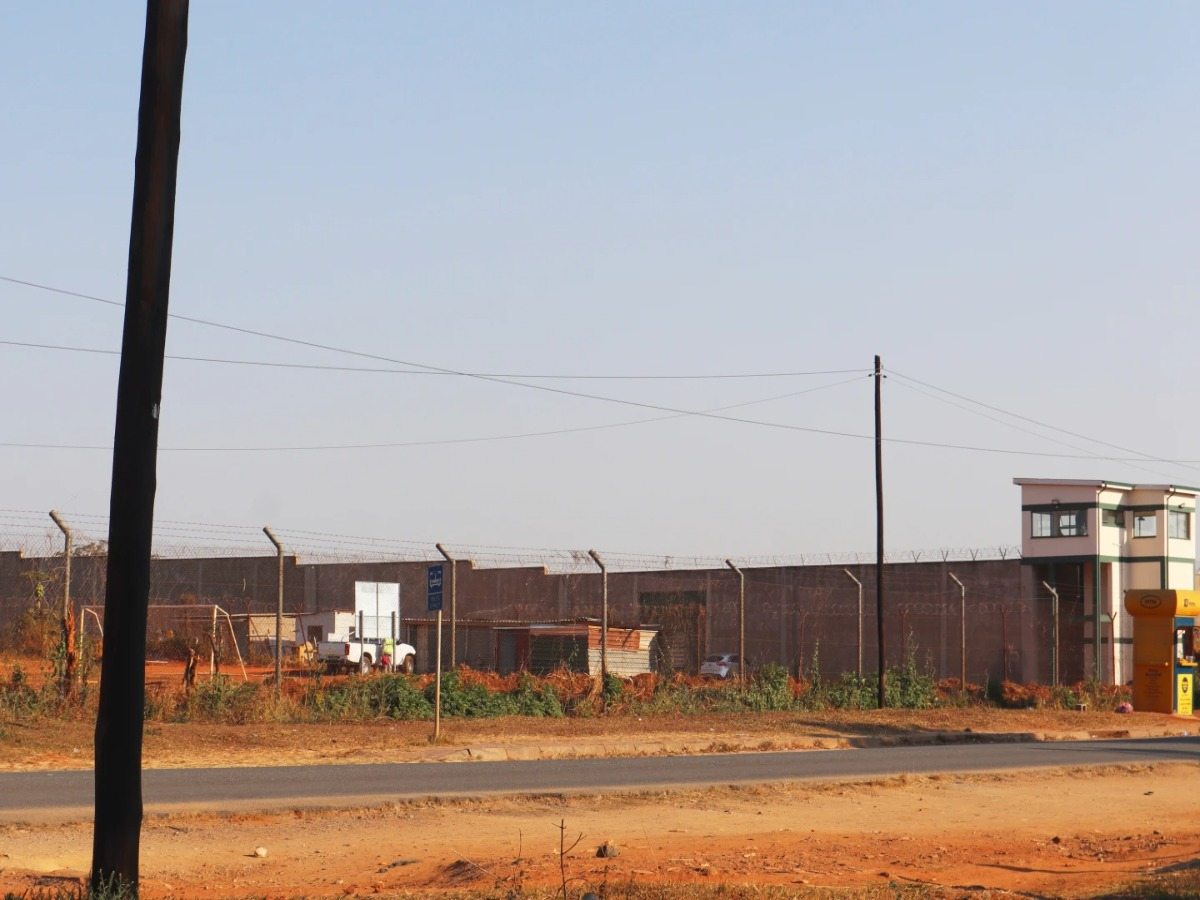Five foreign nationals deported from the United States last month under a covert arrangement with Eswatini are now being detained in the African nation’s top-security prison, despite having already completed their criminal sentences, according to a local lawyer advocating for their rights.
Sibusiso Nhlabatsi, an Eswatini-based attorney, revealed Friday that the five men, originally from Cuba, Jamaica, Laos, Yemen, and Vietnam, are being denied legal access while held at the Matsapha Correctional Complex, the country’s main maximum-security facility. Their relocation was part of the Trump administration’s controversial third-country deportation program, which has faced renewed scrutiny over human rights concerns.
Nhlabatsi, who is representing the men on behalf of U.S.-based lawyers, said he was barred by prison officials from meeting them on July 25. On Thursday, he filed legal action against Eswatini’s attorney general and the head of the national correctional services department to demand immediate access.
READ ALSO: Deported immigrants held in solitary in Eswatini under U.S. third-country policy
“These men have been in Eswatini for about two weeks and haven’t been allowed to see a lawyer, which is unlawful,” Nhlabatsi told The Associated Press. “They have served their sentences. If a person has committed a crime and they have served a sentence, why are you then keeping them in a prison?”
Watch a recent episode of The BreakDown podcast below and subscribe to our channel PanaGenius TV for latest episodes.
The Eswatini government has said the men will remain in solitary confinement until arrangements are made to return them to their countries of origin, a process that could take up to a year. However, U.S. officials previously asserted that the men’s home countries refused to accept them back, raising questions about the legality and transparency of the deportation agreements.
Compounding the legal and ethical concerns, the detainees have reportedly had no contact with their families and are not permitted visitors. Nhlabatsi added that authorities promised to install communication devices, but nothing has materialized yet.
Their prolonged detention, Nhlabatsi warned, could expose Eswatini, one of the last remaining absolute monarchies, to international legal consequences. The country, ruled by King Mswati III, has long faced criticism for suppressing dissent and jailing political activists.
Critics have also condemned the Trump administration’s policy of outsourcing deportations to nations with poor human rights records. In July, the U.S. transferred eight other immigrants, also labeled violent criminals, to South Sudan, a country teetering on civil war, after detaining them for weeks in a shipping container at a U.S. military base in Djibouti. Their deportation was eventually greenlit by a Supreme Court decision.
The U.S. Department of Homeland Security described the five men now held in Eswatini as “serious criminals,” with convictions including child rape and murder, and labeled them “uniquely barbaric” in social media posts. The department did not clarify whether the men had finished their prison terms, and declined to respond to further questions on Friday, according to AP’s report.
Eswatini officials have also kept silent, citing national security and ongoing court proceedings. The location of the five detainees has not been officially confirmed, although Nhlabatsi said they are confined at Matsapha, the same facility where the government is accused of holding pro-democracy advocates on fabricated charges.
Activists in Eswatini have called for full disclosure of the deportation deal with the U.S., but the government insists the terms are “classified.” South Sudan, similarly, has refused to provide details about its arrangement with the U.S. government.










